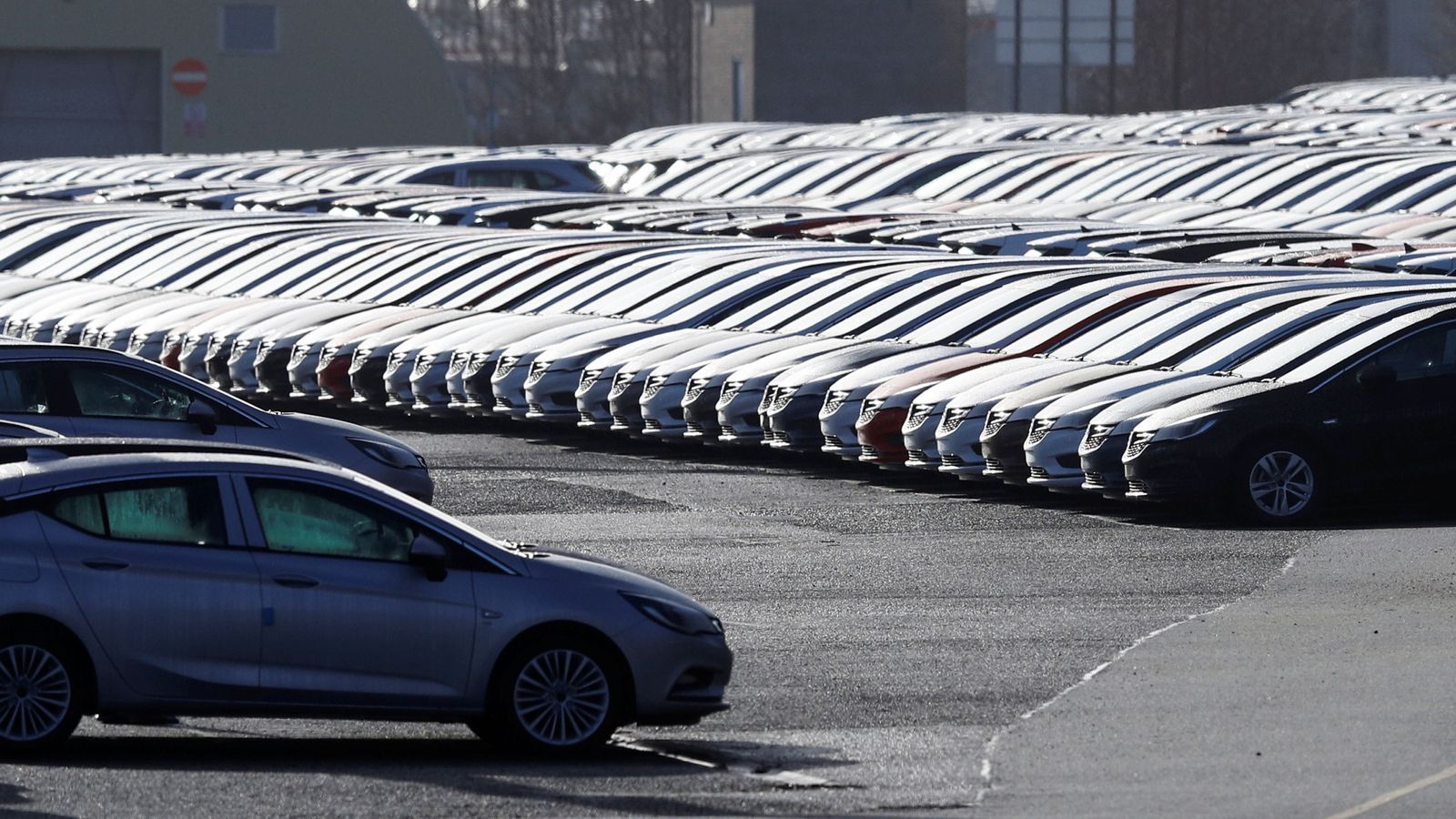The business secretary has told MPs he is “very hopeful” of a deal with Vauxhall’s parent company to secure the future of the Ellesmere Port factory.
It is feared that owner Stellantis will shut the plant when production of the latest Astra models is due to end later this year, without firm commitments from the government.
The UK’s decision to ban the sale of new petrol and diesel cars by 2030 is a key factor in the investment decision for Stellantis as it means Ellesmere Port, which employs more than 1,000 people directly and supports thousands more in the supply chain, must produce electric vehicles.
Please use Chrome browser for a more accessible video player
The plant’s future is also complicated by Brexit as the company is worried about a current lack of battery production in the UK.
The EU‘s trade deal with the country demands local provision of parts, under so-called ‘rules of origin’, if tariffs are to be avoided on cars exported to the bloc by Stellantis, which also includes the Fiat Chrysler and Peugeot brands in its stable of brands following a merger last year.
Its priority is to maintain Vauxhall’s competitiveness at a time when it would be easier to pull out of Ellesmere Port and concentrate on production of the Opel and Vauxhall Astra across the Channel.
But that would leave it without a car plant in the UK – a market which typically enjoys sales of more than two million vehicles annually.
Stellantis and the government have held several rounds of talks this year.
Kwasi Kwarteng told MPs “intensive dialogue” would continue over the coming days and weeks.
The business secretary said: “I’m very hopeful that we can reach a satisfactory conclusion in terms of the continued investment and support for Stellantis.”






















